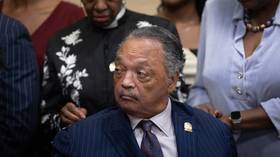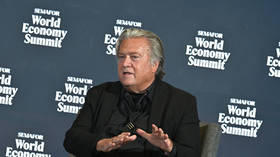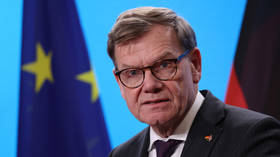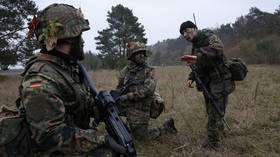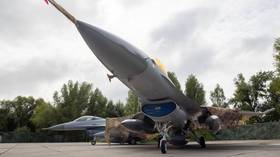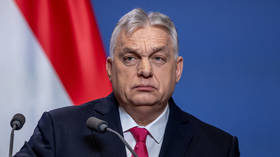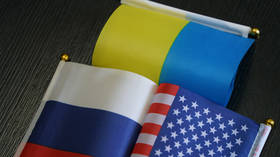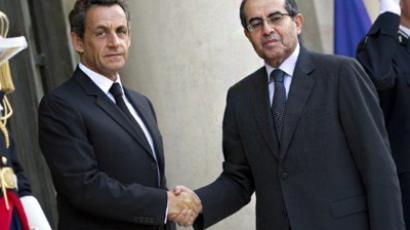"Doubtful NTC can fulfill its promises"
Libyan rebels have abandoned non-violent measures against Gaddafi's regime, and now the country is flooded with weapons. And as UN Special Rapporteur Richard Falk told RT, the country faces a very uncertain future.
“It is not clear who the National Transitional Council will create a future Libya on behalf of,” said Falk. “There are a lot of open questions, and one has to be skeptical about how they will be resolved in this period.”According to Falk, Libya might see further foreign intervention, but that would depend on whether the initiative to invite in the UN was an authentic expression of Libyan self-determination, as well as on whether the NTC can fulfill its promise as the representative of the Libyan people and not of NATO or other external forces.“If it does not happen, doubts about the undertaking will increase,” he warned. “The UN has a potential to play a constructive, monitoring and supervising role in relation to human rights and democracy. Whether that can happen in an acceptable way or not is anyone’s guess at this stage.”He also noted revelations in the French media suggesting Paris sealed an agreement with the rebels giving France more than a third of Libya's oil reserves. According to Falk, it raises questions about the role of supposedly humanitarian intervention in the internal affairs of the country.“It was clear from the outset that this mission, as executed, had very little to do with the Security Council authorizing resolution that several important countries abstained from because they were dubious about any use of force,” said Falk.
Political analyst Abayomi Azikiwe says that passage of UN resolution 1970, which places an arms embargo on Libya, effectively targets the Libyan government, and not the NATO-armed NTC rebels. “Now we have a horrendous humanitarian crisis taking place not only in Tripoli, but in other parts of the country,” he told RT. “And the siege that is taking place right now against Sirte is no less than a crime against humanity.” He added that the NTC has not been elected by anyone inside Libya. “They have no political mandate to govern the country,” he declared. “The African Union has not recognized the NTC. This is not a war on the part of the Libyan people against the government, but a war on the part of NATO to expropriate the resources in Libya.”


